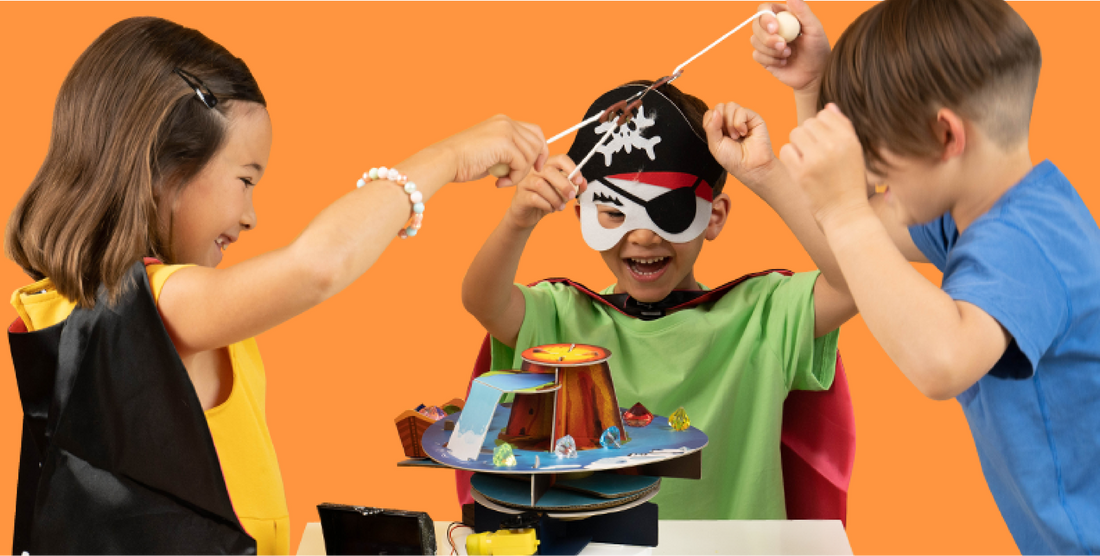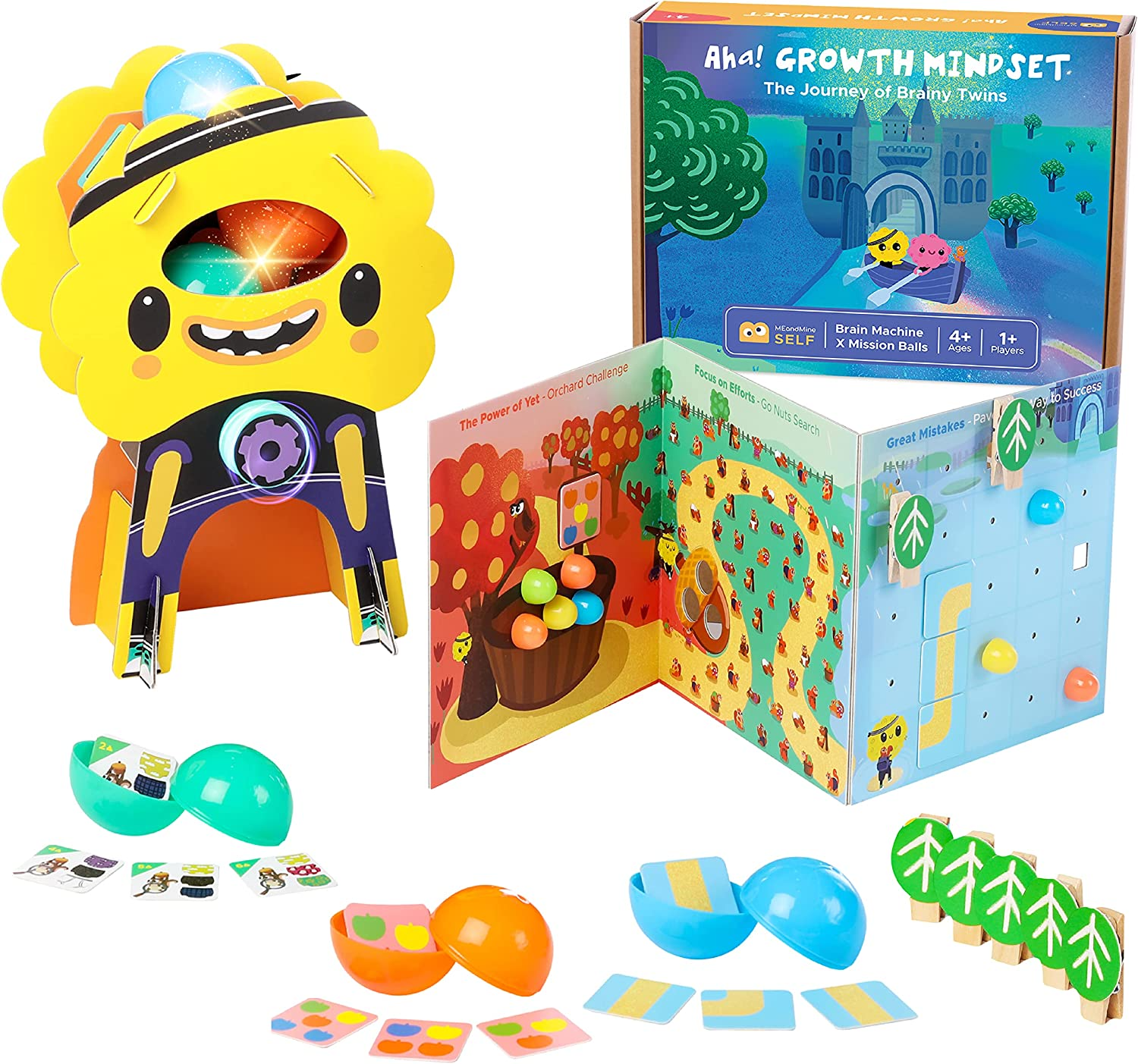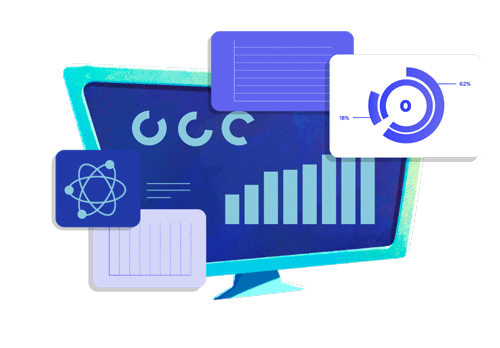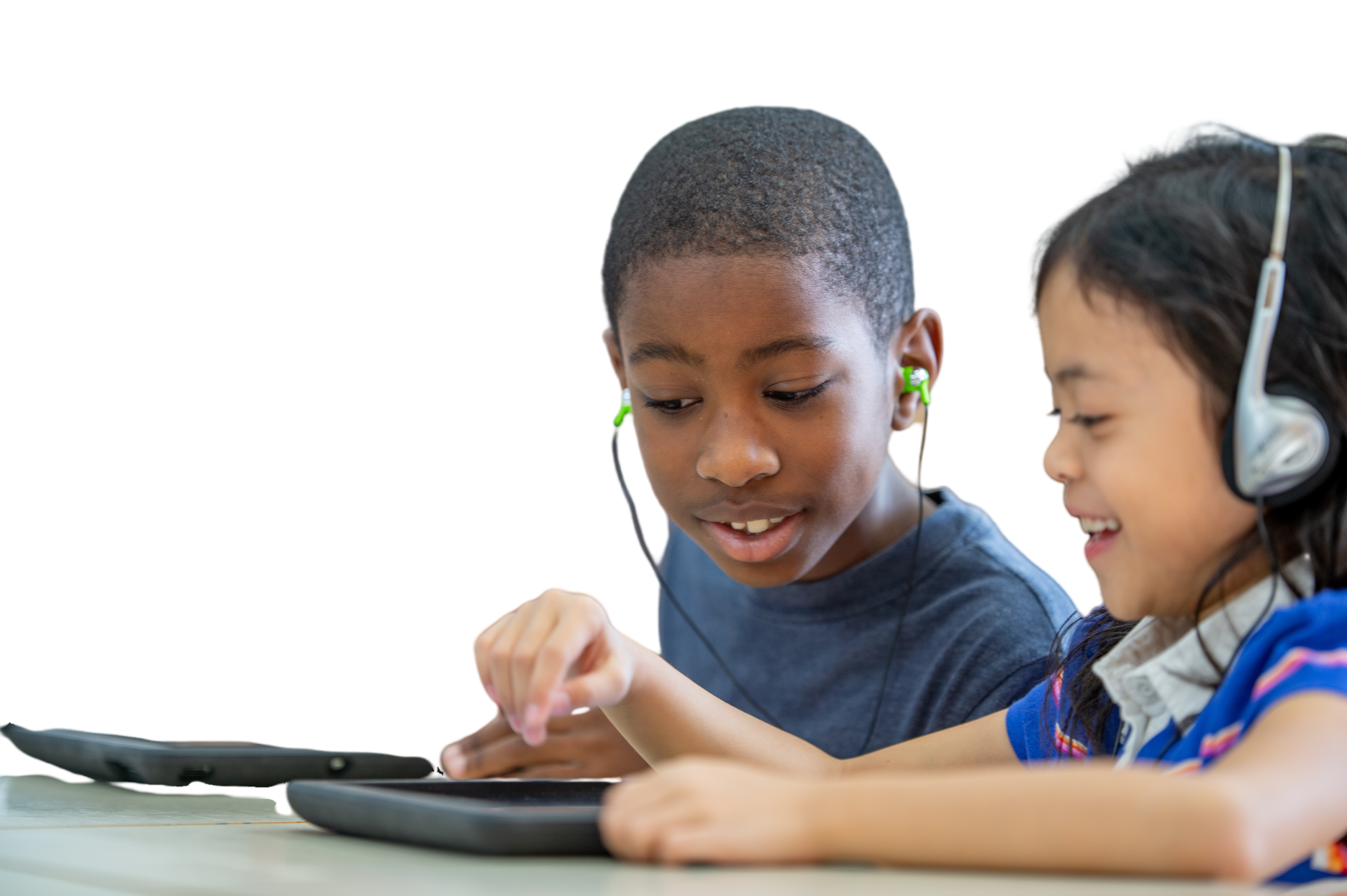
Social-Emotional Learning Games for Kids: Boosting Development & Resilience
Elinor HuangSocial-emotional learning is crucial for children's development, helping them develop important skills like empathy, self-awareness, and communication. As parents and caregivers, we want to find fun and engaging ways to support our kids' social-emotional growth. Whether you're homeschooling parent, teacher, or simply looking for ways to supplement your child's learning, our guide has you covered. Let's dive in and discover all the best social-emotional learning games for kids!
Why Social-Emotional Learning Is Suddenly in the Spotlight
If you’re the parent of a young child, you may be seeing the words “social emotional learning” more than ever – whether it’s on your favorite blog or in your social media feed. When it comes to SEL, people are talking! Because of that, you may already have a vague idea of what social-emotional learning means. You may also not be familiar with the idea at all. Either way, you’re in the right place. First, let’s begin by defining the term.
What is Social-Emotional Learning?
Social-Emotional Learning (SEL, for short) is the practice of integrating social skills and emotional development. It’s an education method that can happen in school as well as at home. In practical terms, social-emotional learning helps children understand their emotions, learn to feel those emotions fully, and be able to empathize with others. SEL contains five core competencies, which are listed below [1].
The Five Core Competencies of Social-Emotional Learning
- Self-Awareness
- Self-Management
- Social Awareness
- Relationship Skills
- Responsible Decision-Making
Social-Emotional Learning is important because it teaches critical life skills - the kinds parents want for their kids. Although some of these life skills may seem more natural for some children than others, no child comes into this world hard-wired for immediate success in these areas.

Building strong relationships doesn't come easily, but children who learn how to tend to become more resilient - both now and later in life. Learning to take responsibility doesn't come naturally for most children, but think for a moment about how necessary that skill is once the stakes of life become higher than they are at age 5.
Here's the deal: life is hard enough on its own, but without solid social-emotional foundation it's significantly harder than it has to be. As a parent, you want the best for your child, but when it comes to something like social-emotional learning, you may not know where or how to begin. Good news: that's where or how to begin. Good news: that's where we can help.
Learn more about Social-Emotional Learning for specific age groups!
Social-Emotional Learning that Parents and Kids Love
At MEandMine, we've brought some of the smartest, most creative, and extremely fun-loving people into the same room to develop powerful ways of helpful kids develop those critical social-emotional skills. We're parents, pediatricians, psychologists, toy geeks, and teachers - and we rely on kids to test our products before we make them available to you and your family.
Hands-on Learning Games for Kids Ages 4-7
Social-emotional learning happens best during play, which is why it's important for children to have something to do with their hands. Hands-on learning makes it easier for kids to understand and remember, that's what we want. Here are just a few of the ways MEandMine brings social-emotional learning to life for kids just like yours.
Self-Development & Social Skill Games
Social-Emotional Learning: Frequently Asked Questions
As parents, we've gotten comfortable with STEAM and its various components. Our knowledge of SEL, on the other hand, is still catching up. Here are some of the questions we get asked most frequently:
What are some Social-Emotional Learning activities?
Great news! Social-emotional learning can start right now, no matter where you are. Every day - if not every hour provides countless opportunities to help your child name their emotions and describe how they're feeling. From becoming overwhelmed with a task (like having to clean up their room) to ecstatic about a planned visit with friends or family, social-emotional learning can take place in the most ordinary of circumstances as long as you and your child are talking about the experience of being them.
If you are feeling especially creative, head over to our resources page for free printouts and projects that your kids will love!
What are the three pillars of Social-Emotional Learning?
The three pillars of social-emotional learning are acting, thinking, and feeling. The goal of all three pillars is self-regulation. Let's break down exactly what that means.
1. Acting
In short, SEL promotes actions that are socially appropriate and make learning possible. Examples include positive interactions with classmates or teachers, learning how to control negative impulses like hitting or yelling and independent problem-solving.
2. Thinking
With no shortage of people, places, and things competing for your child's mental and emotional bandwidth, SEL promotes thinking that can refocus attention as needed. Examples include sticking with a lesson or activity, learning to overcome distractions, and making a plan and following through.
3. Feeling
Because healthy emotional stability is so essential to life, SEL promotes the kind of feeling that allows your child to understand others' emotions and is able to name and express their own. Examples include being empathetic, as well as identifying and managing their own emotions.
What are some SEL topics?
Great question! SEL topic include self-awareness, relationship skills, goal-directed behavior, social awareness, self-management, personal responsibility, decision making, and optimistic thinking.
Figuring out how to help your kids develop all 8 of these skills might be overwhelming, but you don't have to do it alone. MEandMine's award-winning play kits are designed to empower your kids to unlock the greatest discovery of all - the one inside themselves.
How can I use Social-Emotional Learning in the classroom?
Like parents, teachers are often at the front of the line when it comes to helping kids develop social-emotional skills. For teachers, the answer might seem easier than the implementation: social-emotional learning comes alive in SEL-powered lesson plans and hands-on activities. But that's where we can help.
At MEandMine, our classroom bundles help students develop the skills teachers and parents want - including online lessons with a professional teacher and licensed psychologist. MEandMine is a trusted partner of teachers and parents alike, and kids cannot get enough of our play kits - at home or at school
The Bottom Line on Social-Emotional Learning Game for Kids
Here's what we know: social-emotional learning begins at a young age, and it's critical to the development of healthy relationships, self-esteem, problem-solving skills, and so much more.
It's safe to say that kids with a strong social-emotional foundation are poised to relate more easily with peers, negotiate conflict more effectively, and gain the resilience they need to face challenges later on in life.
According to Dr. Marilous Hyson and Dr. Healthy Biggar Tomlinson (in their book The Early Years Matter: Education, Care, and the Well-Being of Children, Birth to 8), including social-emotional learning in a child's develop is "too important to be left to chance." [3]
When does learning happen best? We already know the answer, but it's worth repeating: during play - and that's what we do best.
At MEandMine, our award-winning play kits allow kids to play their way into healthier relationships, stronger self-esteem, and more resilience - now and in the future. Raising resilient kids can be hard, but we make it easier.
We help make that possible in three simple steps:
- Unlock your child's imagination through a story
- Bring that story to life through a fun hands-on project
- Then harness the power of play to develop healthy habits, teach problem-solving skills, and build more confidence
Social-emotional learning is about giving your kids the skills to outsmart life. We help make that happen. For SEL-powered play kits you and your kids will love, you can count on MEandMine.







 Most Popular
Most Popular
